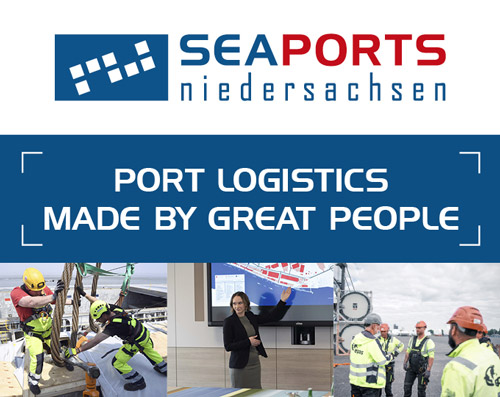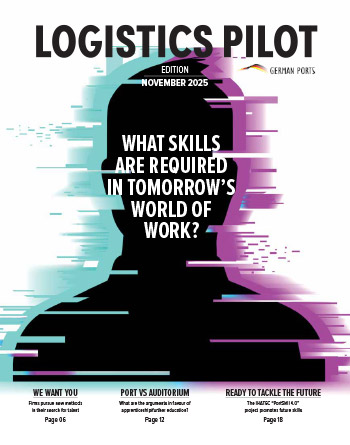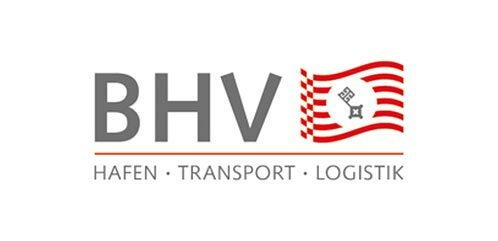When taking a business trip to Singapore, you can expect an exciting melting pot of nationalities to accompany the international, state-of-the-art business sphere. This diversity is particularly challenging to navigate when finding a formula for success in dealings with business partners. One endeavour is paramount, however: mastering the fine balancing act between confidence and etiquette.
Photos: iStock/ismagilov, private
In Singapore, a state heavily influenced by its high population of Chinese expats, European guests must be prepared to encounter contacts who negotiate in a way that may seem a little opaque and vague, and who, for their part, find the ‘time is money’ approach rude. “For the locals, it is way more important to always put mutual understanding and unity with their partners first during business meetings. This also includes avoiding critical remarks as much as possible and omitting the word ‘no’ from their vocabulary as much as possible,” says the native Sino-Malaysian Molly Ng. As an intercultural relations coach and consultant, she has many years of expertise in German-Asian cooperation and has already supported numerous international companies with training courses focusing on intercultural knowledge exchange. In light of her wealth of experience, she advises: “Never lose your composure, no matter how difficult the situation may seem. Always conduct yourself with confidence because anything else will be interpreted as uncertainty and lack of competence on your part.” The most important thing is to maintain the balance between a confident and consistent approach, and a polite, reserved demeanour. “This is the only way to save face and respect others, in order to put the business relationship on a solid footing,” explains Ng.
Mandarin business cards are not essential
In order to ‘click’ with their counterpart, Europeans should also be patient and allow sufficient time for chit-chat in order to establish a proper relationship of trust. “When getting to know one another, it doesn’t hurt to compliment the delicious food and development in Singapore or to express admiration in another way. There’s always a little flattery involved in relationship-building,” Ng says with a wink. It is less tactful, however, to try to convince the people of Singapore of the supposed advantages of democracy or to embark on any other fundamentally political or religious discussions. On the other hand, it could be helpful to make an initial approach through a mutual contact, who, in an ideal scenario, could promote both parties and make them aware of possible no-goes.
In addition, good English language skills and the ability to interpret non-verbal signals from counterparts, such as silences and smiles, are essential for successful communication. To ensure this, it is of course helpful to familiarise yourself with the attitudes, values and mentality of the Singaporeans before your trip. Ng also recommends using business cards with titles in English. She is less convinced on the recommendation of some business guides to print the back of business cards with gold, Mandarin text. “In my opinion, this is over the top,” says Ng. However, she recommends that you hand over and accept business cards with both hands and always hold the card in a readable direction for the recipient. She also points out that the business handshake greeting is far less firm in Singapore than in Germany. “Europeans should not criticise this, but rather see it as an expression of restraint and respect,” Ng stresses. In return, the guest can show their appreciation by turning up to scheduled meetings on time and dressed appropriately. “Both smart and casual business attire are welcome. For women, this means that skirts or dresses should fall below the knee, and for men, they should save their jeans, shorts and polo shirts for their free time,” explains Ng.
Platforming women
When it comes to gender equality, Europeans visiting Singapore will soon notice the encouragingly high number of women in management positions. “There are many reasons for this,” says Ng. “This development is due, in part, to the fact that large family units are very much valued here and that grandma and grandpa are therefore usually more than willing to look after the little ones. As such, parents – and particularly mothers – are able to to place greater focus on their work than is the case in Germany.” Likewise, the range of private and state-owned crèches available in Singapore is very large, and childcare is often offered between the hours of 6 a.m. and 7 p.m. “That would also be a great thing to think about for Germany, wouldn’t it?” she suggests, before briefly going on to talk about hierarchies. “They play an important role in Singapore. Therefore, it is important to always keep in mind that you should be negotiating with people with as close a status to you as possible. It is important to greet higher-ranking individuals first and also allow them to sit first at the table.” That being said, for those breaking a sweat at the thought of so many different challenges: Singapore is still the most Europeanised destination in all of Asia. (bre)

“Hierarchies play an important role in Singapore.”
Molly Ng, intercultural coach and consultant
Logistics Pilot
The current print edition - request it now free of charge.






